Interplay Between Exercise and Gut Health: How to Improve Exercise with a Happy Gut
The Sporting
NOVEMBER 15, 2022
How to use exercise to build a happy, healthy gut We are constantly told that to improve our endurance we need to: lift more weight, work out more or have a healthy diet. Gut microbiota and exercise are interconnected, according to recent studies. Gut microbiota and exercise are interconnected, according to recent studies.



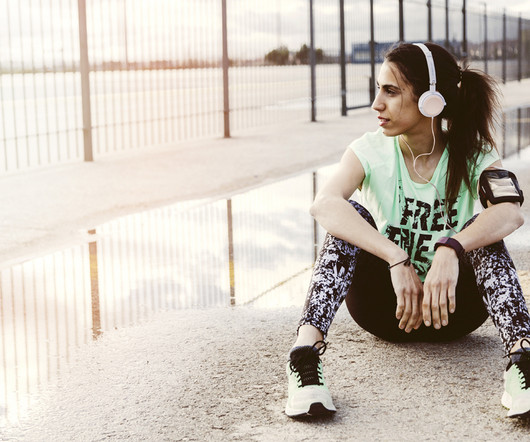
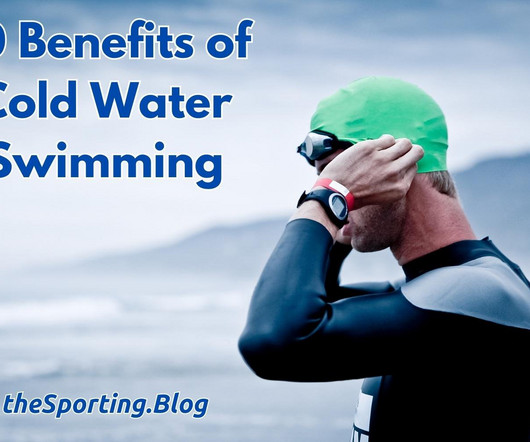
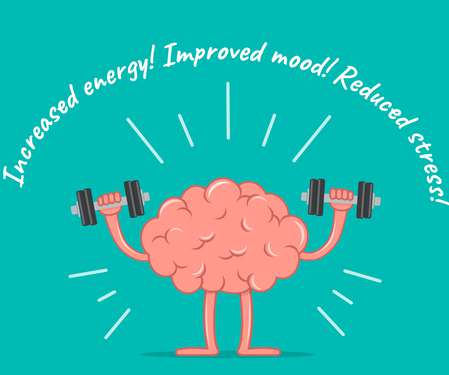





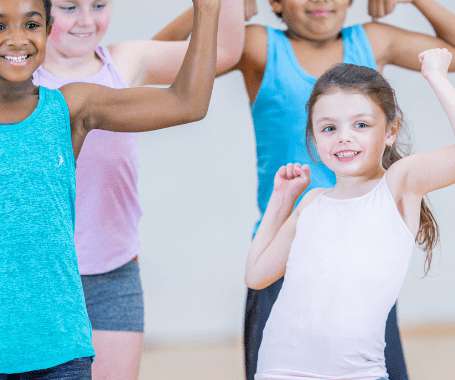
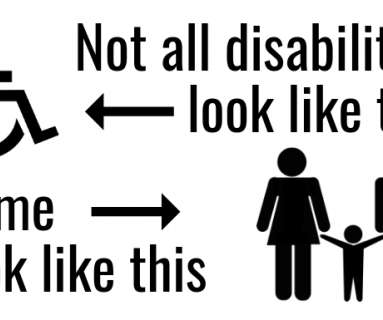


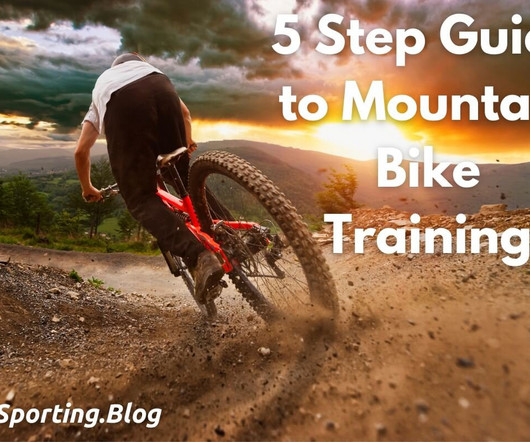
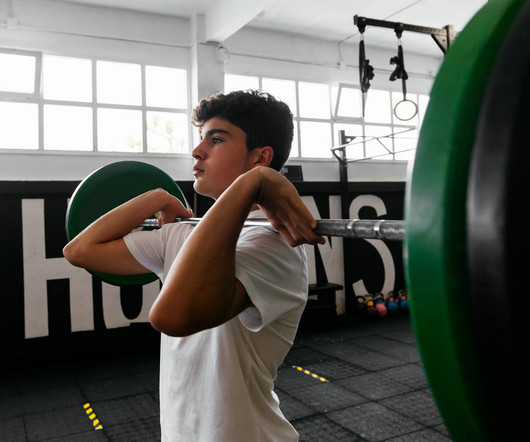
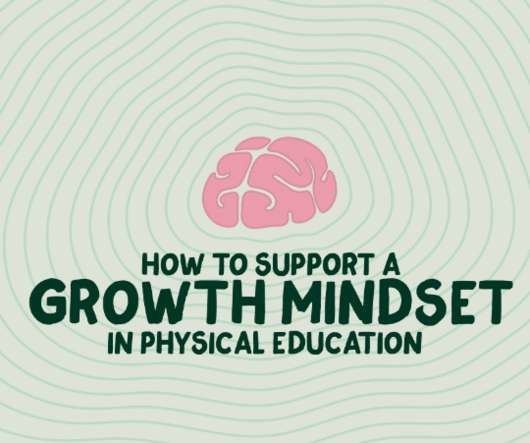














Let's personalize your content